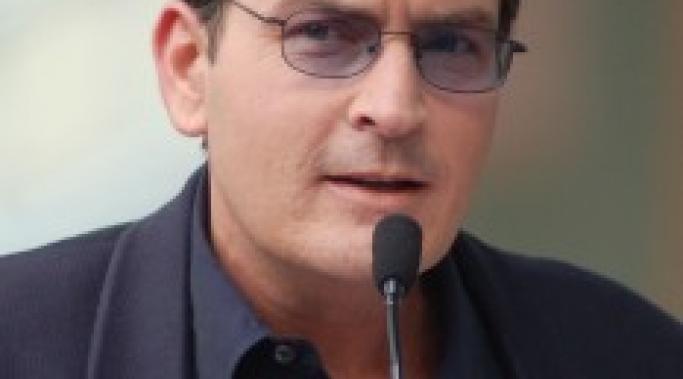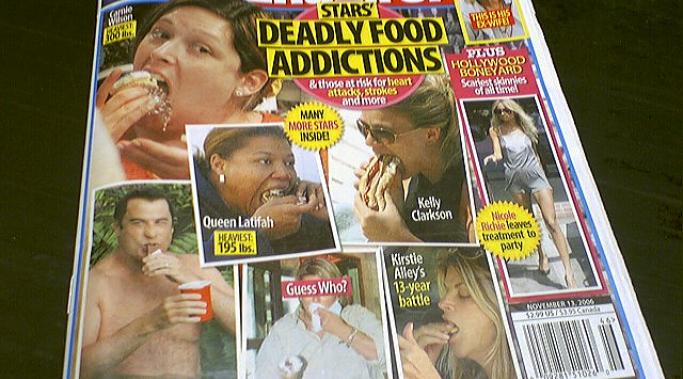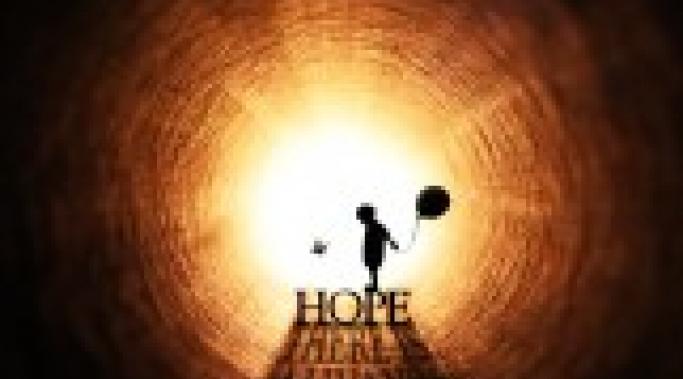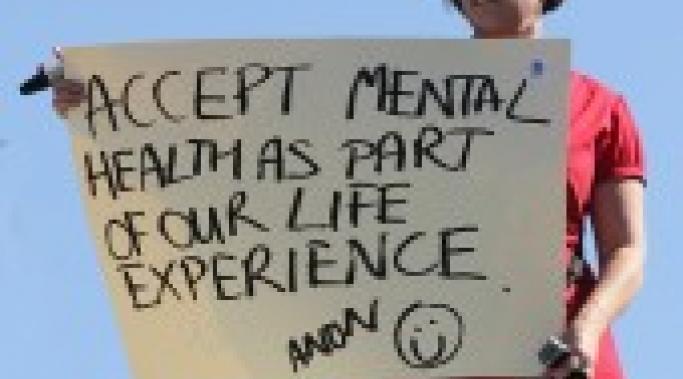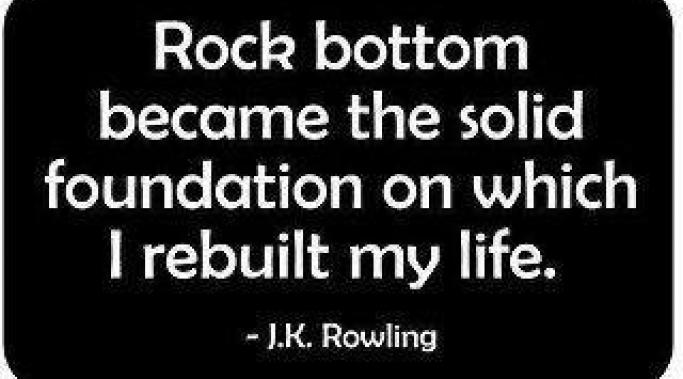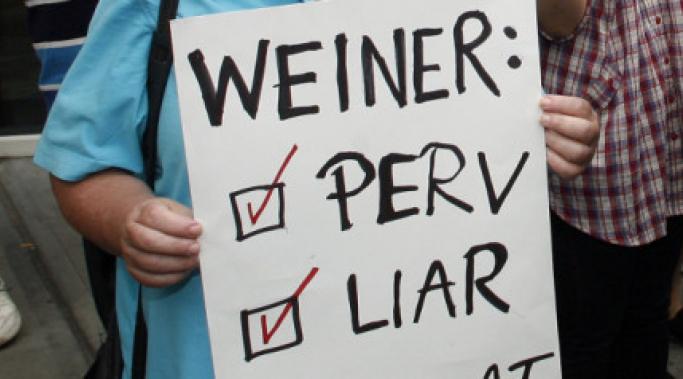I believe that Charlie Sheen needs to take more responsibility for his behavior of 2011. Almost two weeks ago, actor Charlie Sheen announced that he is human immunodeficiency virus (HIV) -positive, and paired the announcement with his plans to work for increased education about HIV. This is a commendable goal and he is in a unique position to educate and inform the public. But I believe Sheen also needs to take responsibility for his behavior and the harm he may have caused during his public meltdown in 2011.
Stigma - Debunking Addiction
Perhaps the stigma of addiction is what perpetuates the idea that we should be able to kick all bad habits on our own, otherwise we are somehow weak or inferior human beings. This notion is particularly dangerous when it comes to fighting deadly addictions because it is not a realistic expectation. Most people die before they learn it's okay to ask for help but we can change addiction stigmas to fight substance abuse.
The most recent Diagnostic and Statistical Manual of Mental Disorders (DSM-5), published in 2013, changed the criteria for evaluating substance abuse problems and problems involving compulsive behavior, such as gambling. The DSM-5 includes the word "addiction" for the first time, in reference to pathological gambling, which the manual lists as a "behavioral addiction."
There’s a lot of stigma regarding drug addiction. After all, look at the many problems are associated with it: legal issues, financial problems, health and relationship concerns, etc. I mean a recovering addict just can’t catch a break these days.
Early on, I was very aware of addiction stigma and the stigma surrounding mental illness. That's why, even though May is designated Mental Health Awareness Month, I focus on my mental health and reducing addiction stigma every day of the year. This has not always been the case. When I was diagnosed with bipolar disorder and struggling with addiction issues over 30 years ago, I didn’t have much to honor. In fact, I pretty much hated life as I knew it.
Whitney Houston's death kept me up Saturday night because my mind was racing. Not only from the shock of a legend being gone, but also the speculation and response from media, but mostly from people on Twitter and Facebook. There is so much misunderstanding, judgment, and blame placed on addicts whom die, and am saddened to not see more compassion for the struggle people face when struggling with an addiction. I know at this point the cause of her death is pure speculation, and I will not try to analyze the how and why in this post, because I feel I do not have enough information to talk about it, without more facts. I do want to address the life and loss of a legend, the realities of a struggle with an addiction, and the frustration and sadness I feel when seeing the responses to her death.
A huge part of my own personal recovery is due to coming out of the hiding in darkness. When you are wrapped in an addiction you cannot see outside your own actions, and live in secrecy, trying to hide your behaviors from others, thinking you are clever, when people will tell you later they watched it slowly unravel without knowing how to help us, or help change the behavior. An addiction is surrounded by lies, sneaking around, feeling alone, feeling trapped, and feeling alone.
In 2008, the passage of the Paul Wellstone and Pete Domenici Mental Healthy Parity and Addiction Act was a huge and historic story. It was a 12 year fight by mental health advocates and championed by the late Minnesota Sen. Paul Wellstone. The parity act was passed in order to require insurance companies to treat mental health on an equal basis with physical illnesses, when policies covered both. Wellstone’s son had championed for years on behalf of his father after Wellstone’s death from a plane crash in 2002.
This concept of “hitting rock bottom” is a common phrase in addiction awareness, intervention, treatment, media, etc. People often have a story of their rock bottom. However what exactly is a rock bottom and how important is it in recovery from an addiction and getting sober?
When I first heard of Anthony Weiner seeking professional “help” I was ready to blow a cork. I am so done with hearing about politicians, celebrities, and professional athletes seeking treatment for what may very well be an excuse for bad behavior.
